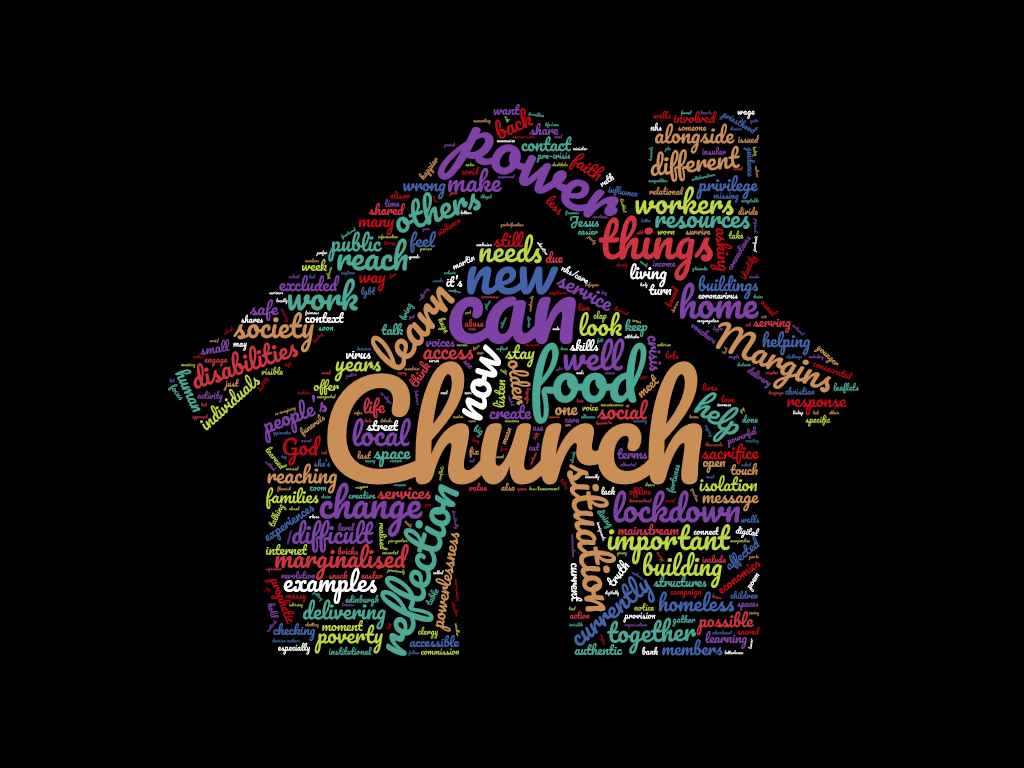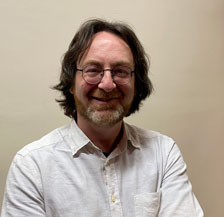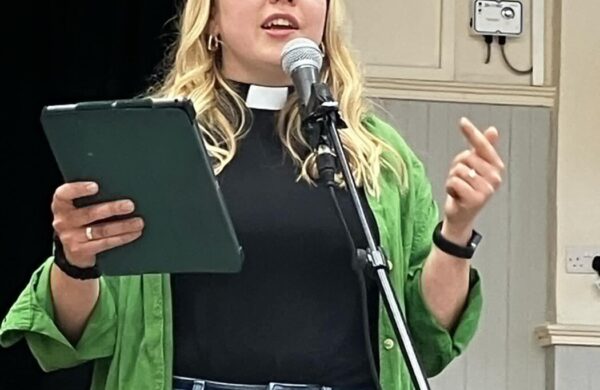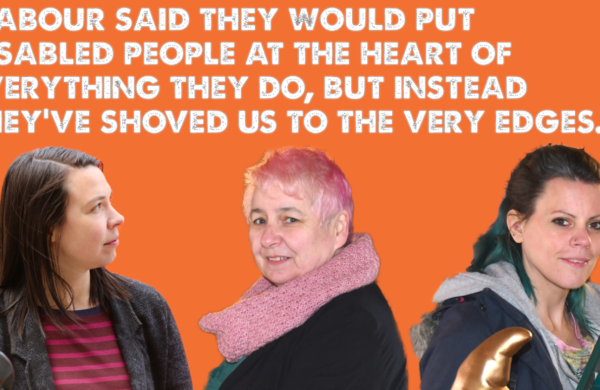Reflecting together, 14 May: Power and powerlessness
A report from our 14 May online discussions on what it means to be church on the margins during the pandemic.
(Video reflection by Alison Webster, Diocese of Oxford)
What can we learn from faith communities in terms of how they have fared in the current context?
- Examples of churches in Edinburgh and Birmingham – people have been looking after each other, checking in and delivering food.
- Churches should offer specific help, people feel awkward asking for help.
- Church of England issued guidance about not going out/ not delivering food/distributing leaflets, etc. … Is the church insular in this situation?
- Some older people wanted to go out and ignore the message to stay at home, but when they realised that it was to protect the NHS as well as themselves they were happier to comply.
- Being embedded in the community (pre-crisis) makes it easier to connect/ reach out to people in need.
- Influence can be more important than power.
- Can the older and younger generations learn from each other? (e.g. technology skills, insight, etc. )
- What does ‘service’ look like? Who are you serving with online or offline church?
- Connections between people are more important than the number of people attending church.
What have we as individuals learned from the power we have/lack?
- We should turn the Thursday clap into ‘power’ to campaign for a Living Wage for NHS/care workers/key workers.
- How you use your power is important.
- Clergy/ministers who hold food bank vouchers have power over people’s fortunes.
- People with disabilities have been doing church online for years because mainstream church was not accessible/welcoming. The message that online is less / ‘will do for now’ is hurtful to people who have done church this way for years.
- Now we don’t all have the power to fix things due to social isolation.
- There is a divide between people who want to get back to the church building as soon as possible and those who don’t.
- Some people have to go back to work due to their financial situation – powerlessness in this context. It’s a privilege to have the choice to stay at home.
- We do have power that we may not recognise (as a Christian community). By working together we can be powerful.
- Whose voices do we listen to? We need to listen to the ‘powerless’.
- ‘People are hungry and we are talking about bricks [buildings].’
A poem by Ruth Wells
God snuck home.
No longer bound by the
expectations of a ‘consecrated’ building
She’s concentrated her efforts on breaking out.
Now in the comfort of a well worn dining table
she shares some bread,
with some friends.
And she laughs.
And she weeps.
In the sacred space of home.


Research and Information Officer
We have a new Chief Exec – and we’ll continue to be a catalyst for change!
We’ve appointed a new Chief Executive. Liam Purcell steps into the role from 1 July.
We have a new Chief Exec – and we’ll continue to be a catalyst for change!
We’ve appointed a new Chief Executive. Liam Purcell steps into the role from 1 July.
Are churches losing faith in low-income communities?
A report from an event held by Church Action on Poverty’s Sheffield group on 29 May 2025
“The cuts are deeply immoral and should be opposed by all Christians”
Activists have called for the disability minister to resign, after an “awful” meeting where he took no interest in what …



